“The arc of the moral universe is long, but it bends towards justice.”
- Dr. Martin Luther King, Jr
Our Commitment to DEI and Anti-Racism
Middle School students dress in all black for Blackout Day during BSU’s Spirit Week celebration.
ECS is committed to seeing justice and equality for our students, and we are unwavering in our dedication to doing what it takes to see our students thrive and cultivate their genius. ECS works collaboratively with staff members from various levels of the organization to identify ways that we can affirm and value our students of color, as well as incorporate our Equity and Diversity work in our best practices of specifically differentiated instruction and culturally responsive teaching.
As an anti-racist organization, ECS is committed to eradicating societal, and more directly, education inequities. In each ECS building, you will find Equity and Culture committees that are confronting systemic racism, identifying our part in the equation, and learning how our actions in our sphere of control and sphere of influence can obliterate this injustice.
-
Our mission is to disrupt the systems that oppress and disenfranchise our students and families. We seek to understand the diverse spheres in which our families live and utilize this knowledge to advance equity and social justice. We pledge to ensure increased access and opportunities for our historically marginalized students and families, including black and brown students and students situated in poverty. In all that we do, we seek to be a catalytic force for creating and sustaining an environment of equity and opportunity for the diverse members of our community.
-
While Black students make up just 18 percent of children in preschool, they represent nearly half of preschool children suspended.
A 2016 study surveying white college students indicated that Black boys are perceived as threatening at just 5 years old and are associated with adjectives such as “violent,” “dangerous,” “hostile” and “aggressive.
Poor Black and brown children are the youth least likely to have highly qualified teachers and more likely to attend schools with a greater police presence.
Black K-12 students are 3 times more likely to be suspended or expelled than their white peers.
White and Asian students make up nearly 75 percent of students enrolled in gifted and talented programs, despite the fact that African-American and Hispanic students are 44 percent of the student population.
African American males make up roughly 6% of the US population and 37% of the male prison population. If African Americans and Hispanics were incarcerated at the same rates as whites, prison and jail populations would decline by almost 40%.
-
Stakeholders meetings at each building to identify and dismantle inequities in our systems.
Bi-Monthly discussions around the topics of race, culture, and identity
Personal Learning Community book study on Culturally Responsive Teaching and the Brain by Zaretta Hammond
Partner with Community Kitchen Pittsburgh (our food service provider)
Attended Professional Development:
Facing Race Conference
Center for Urban Education Summer Educator Forum
State of Black Learning
Reimagining Education Summer Institute
Weighted Lottery
Universal gifted screening in grade 3
Resources for families shared in the District Communications
E&D presently included in ECS’ organizational strategic plan
Detracking math courses
-
ECS will expand the section above and continue to fight racial injustices and inequalities. Family resources can be found on our Facebook page and in Principal and District newsletters. The ECS staff will continue to partake in Professional Development sessions and community learning focused on Culturally Responsive Teaching. For more information about what your building is doing to be an anti-racist school or to be a part of the conversation, please reach out to your school's principal.
ECS Students Demographics (22–23 SY)
ECS has a diverse student body and faculty. The members of our ECS family are of several races, ethnicities, and cultures. The school district brings diverse communities together from across the Greater Pittsburgh Area as families are from 42 different zip codes, and the school continues to celebrate student and staff identities and traditions through listening, learning, teaching, and events.
Primary School Students by Race
Intermediate School Students by Race
Middle School Students by Race
High School Students by Race
Gifted Students by Race
Gifted Students by Building
Enrollment by Educational Need (%) (22–23)
Students Participating in Free/Reduced Lunch (22–23) (%)
ECS Staff Demographics (updated 11/30/22)
Primary School Staff Racial Demographics
Intermediate School Staff Racial Demographics
Middle School Staff Racial Demographics
High School Staff Racial Demographics
Home Office Staff Racial Demographics
District-Wide Staff Racial Demographics
ECS’s Equity and Culture Committees
Each ECS school has its own Equity and Culture Committee to ensure age-appropriate resources, events, and curriculum surrounding anti-racism, culture, equity, and diversity are provided to all students. To learn more about your building’s Equity and Culture Committee and the events and resources it provides, contact us.
The following are the goals for each Equity and Culture Committee:
Revamping the discipline system through an equity lens
Looking through school data to determine inequities
Focus on the listening sessions and providing families with a space to talk about cultural identities and cultural issues that are important to them
Providing Social-Emotional lessons that focus on the zones of regulation
Resources
-
Black Student Union (BSU)
BSU is a safe space for Black students to talk about topics unique to them with people who look like them. Meetings are a time to come together in a meaningful way and discuss some hard topics like microaggressions, inconsistencies in equity, and common misunderstandings. Students can bring their concerns and struggles to other students who might have similar experiences. Together, solutions and a sense of unity are formed.Gender and Sexuality Student Union (GSSU)
GSSU is a student group for those who aim to create a safe, welcoming, and accepting school environment for all ECS community members, regardless of sexual orientation or gender identity. GSSU meetings typically occur twice a month or more and are led by student leaders, when possible. Each GSSU grade-level group has a staff advisor.Strong Women, Strong Girls (SWSG)
SWSG serves girls in 3rd through 5th grades in a free and innovative after-school program, helping them to build skills in leadership, self-esteem, and problem-solving through the study of contemporary and historic female role models. Through participation in Strong Women, Strong Girls, girls will work to build positive mentoring relationships with female college-aged mentors and to build community with the girls with their SWSG program site.Girls registered through ECS are paired with female mentors from the Carnegie Mellon University chapter.
The curriculum highlights girls and women of different backgrounds, such as age, race, ethnicity, career, and ability. Throughout the semester, SWSG plays games that promote healthy youth development, and participants learn how girl and women role models make a difference in the world!
-
Check out the National Museum of African American History and Culture's online exhibitions.
Read the National Museum of African American History and Culture's resources for talking about race.
Watch PBS Kids' "Talking to Children Authentically about Race and Racism" video.
Check out PBS Kids' two-hour documentary "The Talk: Race in America" to learn more about the necessary conversations parents and communities must have across the nation.
-
Diversity: Understanding that each individual is unique and recognizing our individual differences, along the dimensions of race, ethnicity, gender, sexual orientation, socioeconomic status, age, physical ability, religious belief, political belief, or other ideologies.
Equity: Individuals receive the supports they need to gain access to resources – to help achieve equal outcomes.
Inclusion: Students, staff, and families feel included and welcomed. It is the understanding and appreciation of intersecting identities while valuing the whole person and their perspective.
Culture: An umbrella term which encompasses the social behavior and norms found in human societies, groups, and/or organizations, as well as the knowledge, beliefs, arts, laws, customs, capabilities, and habits of the individuals in these groups.
Anti-Racism: The policy, practice, and actions of opposing racism and promoting racial tolerance.
News about Diversity, Equity, Inclusion & Anti-Racism at ECS
Let Us Know Your Thoughts
ECS is dedicated to listening to and learning from our community. Have feedback, ideas, or would like to get involved with ECS’s Equity and Culture Committees? Fill out the form below, and a member of our team will be in touch!


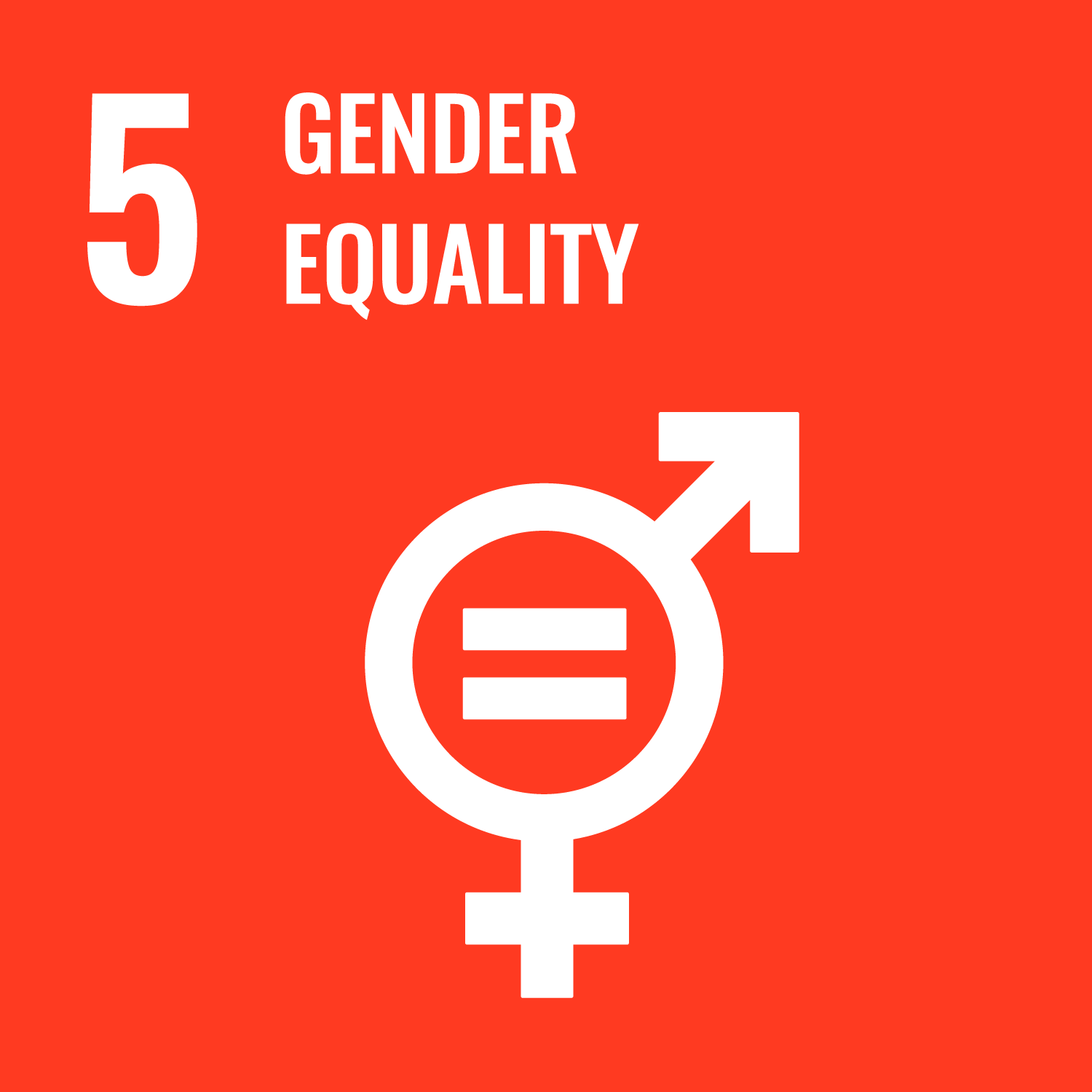
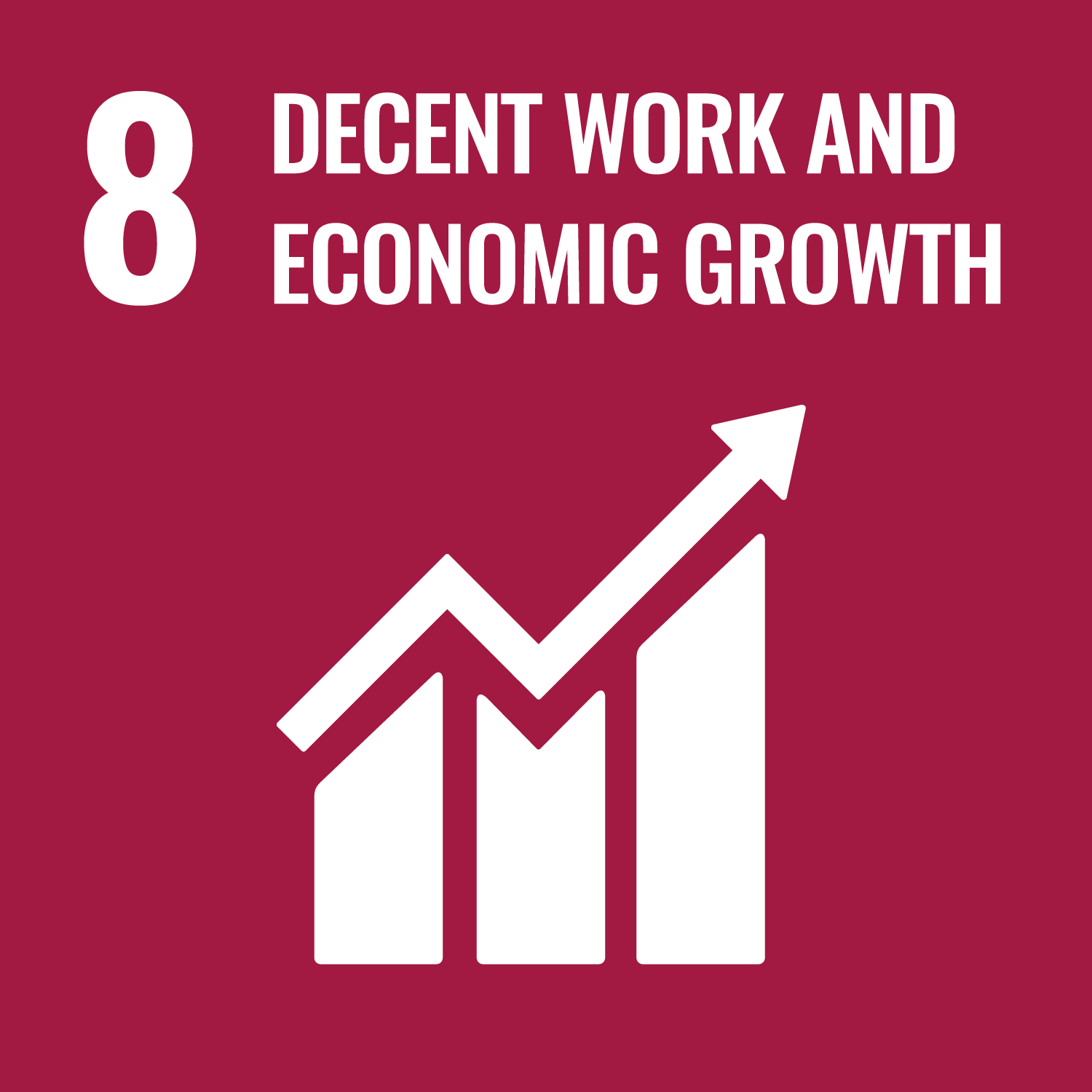
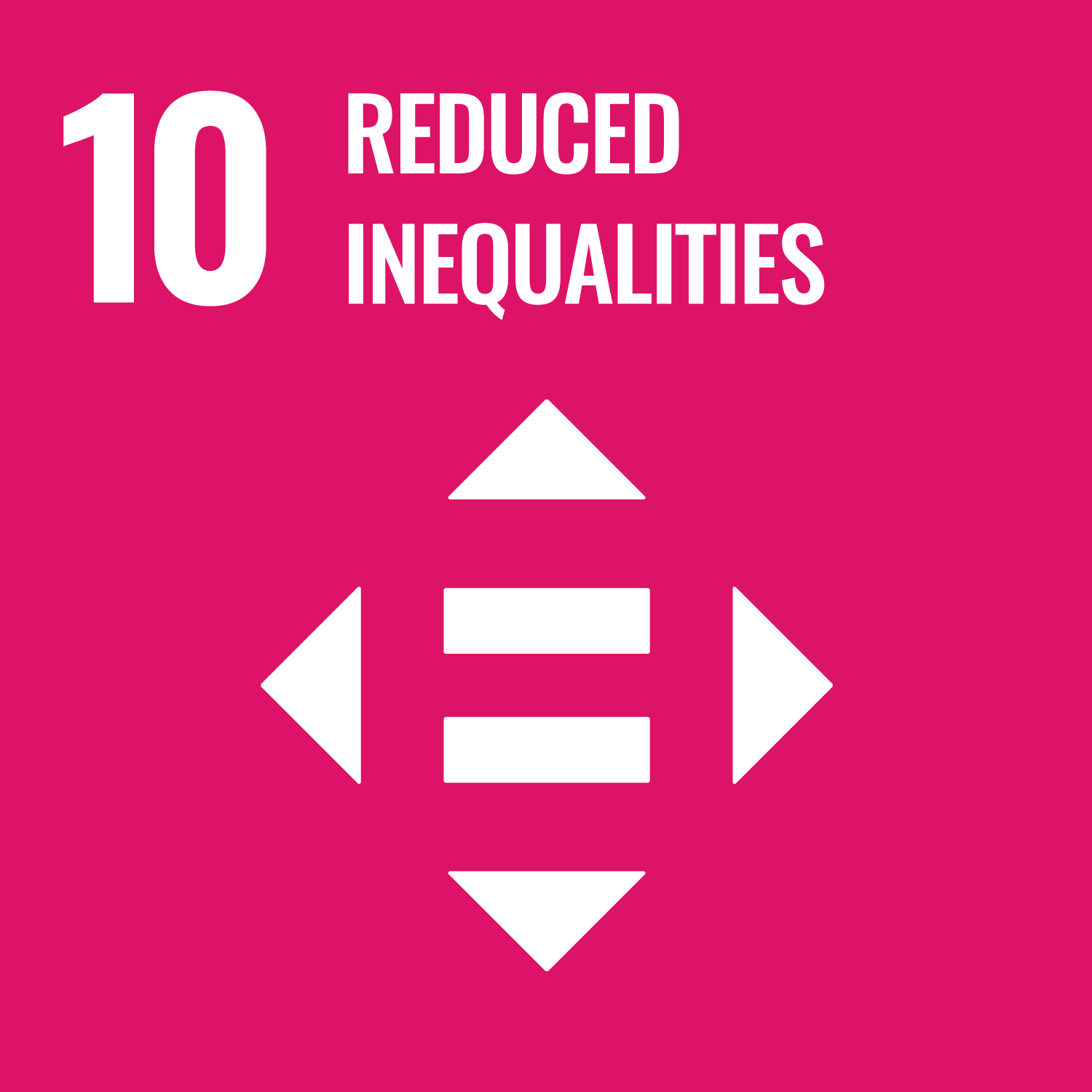
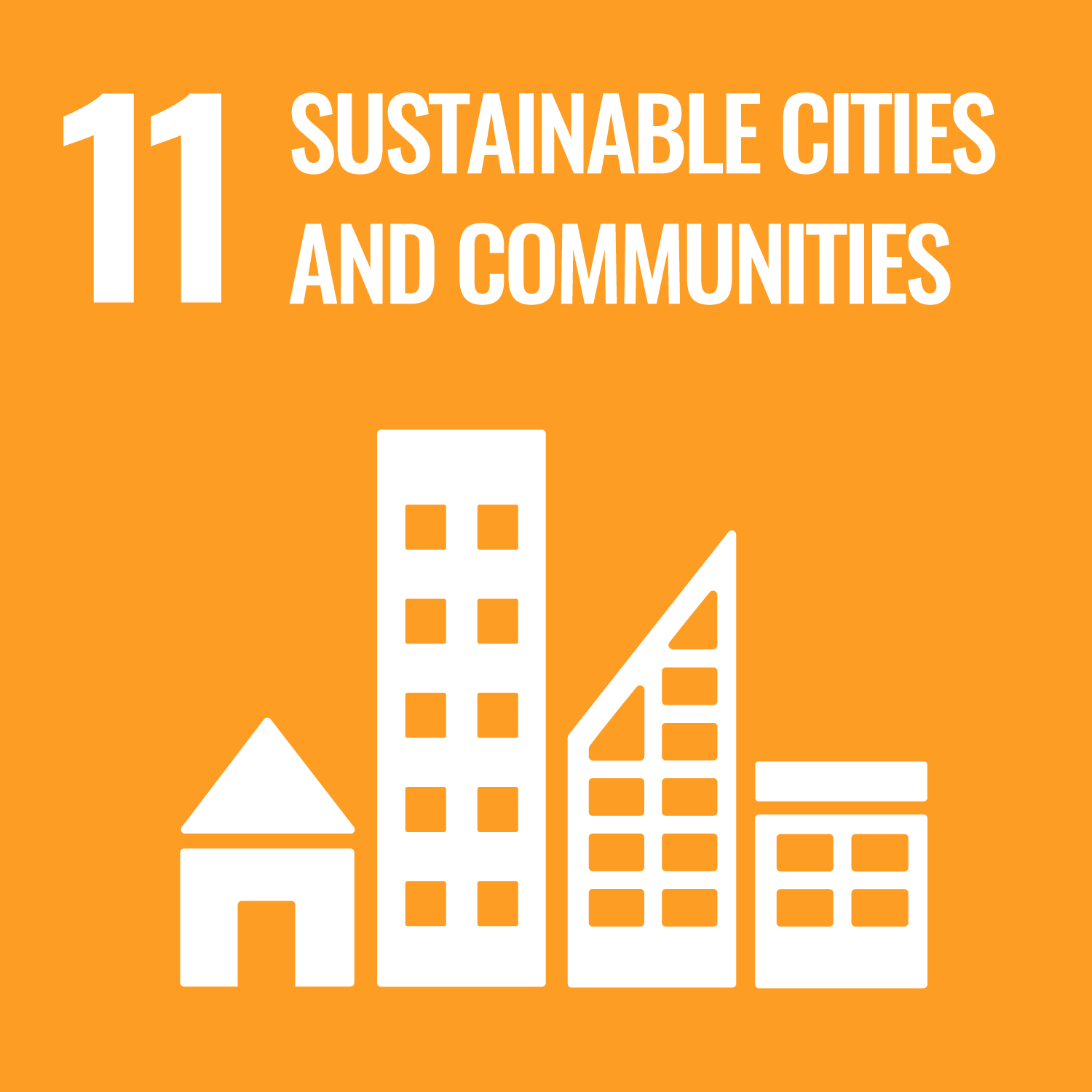


As many of you are aware, Derek Chauvin was found guilty of the murder of George Floyd by a Minnesota jury Tuesday evening. While this verdict is a significant step in ensuring accountability, we must continue…